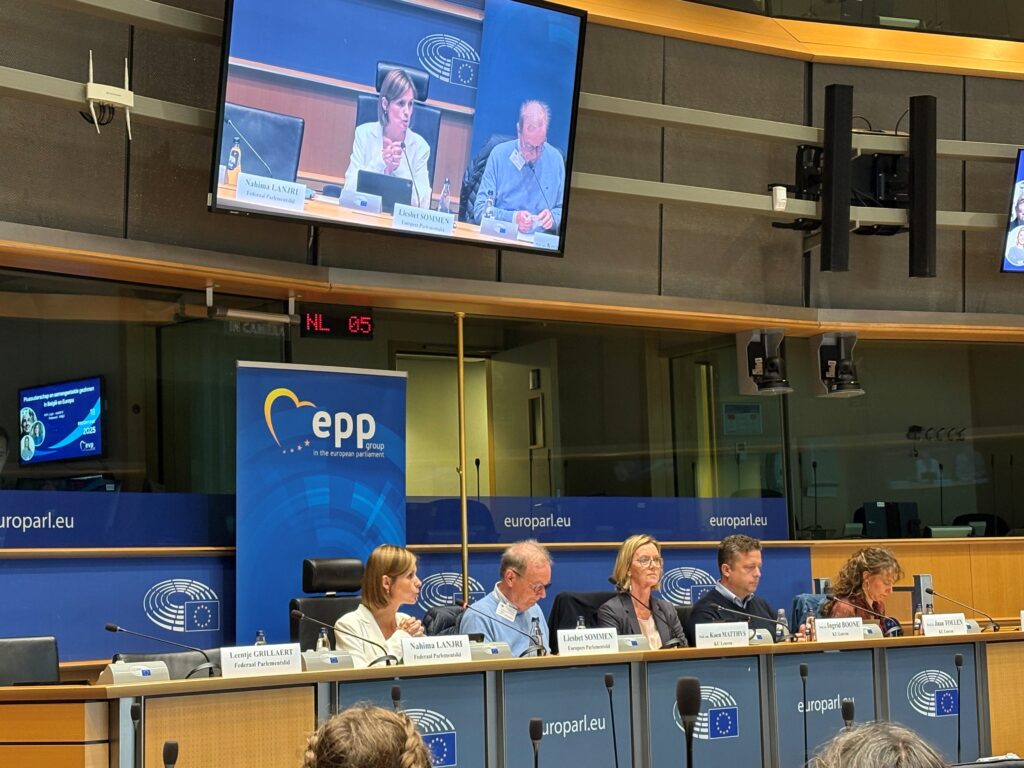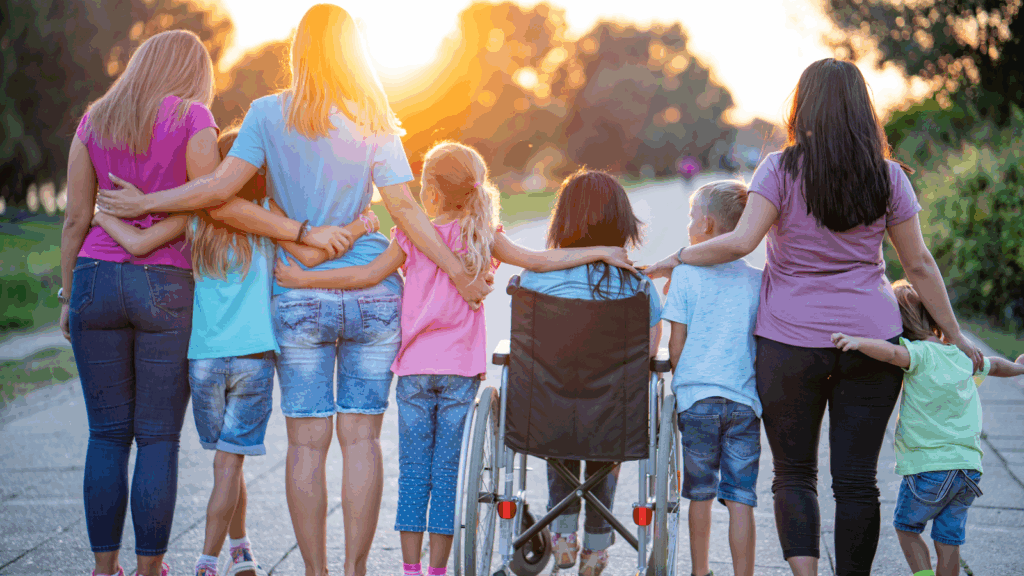Belgian COFACE member, Ligue des familles, recently published its family barometer report which provides a wealth of information on the state and evolution of families in Belgium. The barometer is published every two years, giving families a crucial chance to have their voices heard. The 2024 edition reveals the scale of some of the difficulties faced by families, as well as some problems identified as early as 2015 that remain persistent.
For example, finding childcare remains as difficult as ever, resulting in 23% of parents having to reduce or stop work due to a lack of nursery places. The barometer also reveals the gendered nature of this reality: women reduce their hours or stop working far more often than men.
The 2024 barometer also indicates that 62% of parents struggle to find childcare for sick children and highlights the loss of at least 500 child-minding positions over the last 5 years, with the additional factor of a continued absence of paid sick leave for all parents. This makes clear why so many parents struggle to find childcare for sick children.
Once children reach school age, the challenge of juggling work schedules, commutes, school or daycare pickup times, homework, and extracurricular activities begins. Over half of parents (55%) find it difficult to manage timely school or daycare drop-offs and adhere to working hours. Additionally, 62% of parents struggle to keep up with schoolwork or even spend quality time with their children. This situation is often influenced by the availability of support from extended family, such as grandparents.
This daily act of juggling falls more heavily on mothers, with 61% of mothers finding it difficult to work full-time, compared to 37% of fathers. For lower-income families, these problems can be even more overwhelming. Lower-income families have fewer paid vacations, less access to teleworking, fewer days of sick leave and holidays, plus lower access to parental leave which is already so poorly paid.
Overall, the annual barometer is both an excellent opportunity for families to be heard and an essential indication for stakeholders into the reality of family policy. These are only some of the crucial insights into the lives of families across Belgium and parts of Luxembourg that can be found in the annual barometer.
To read the full report (in French), click here.





